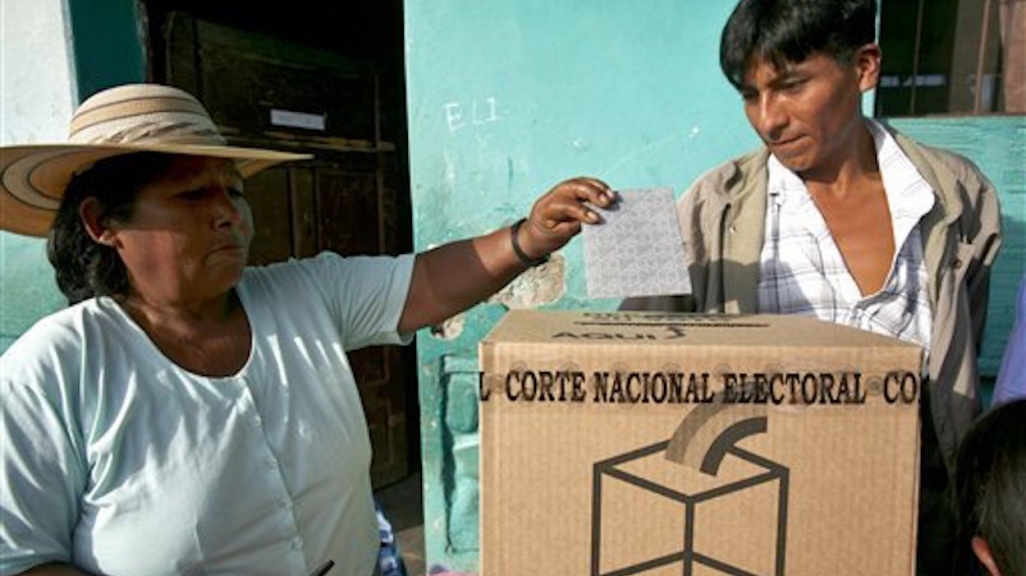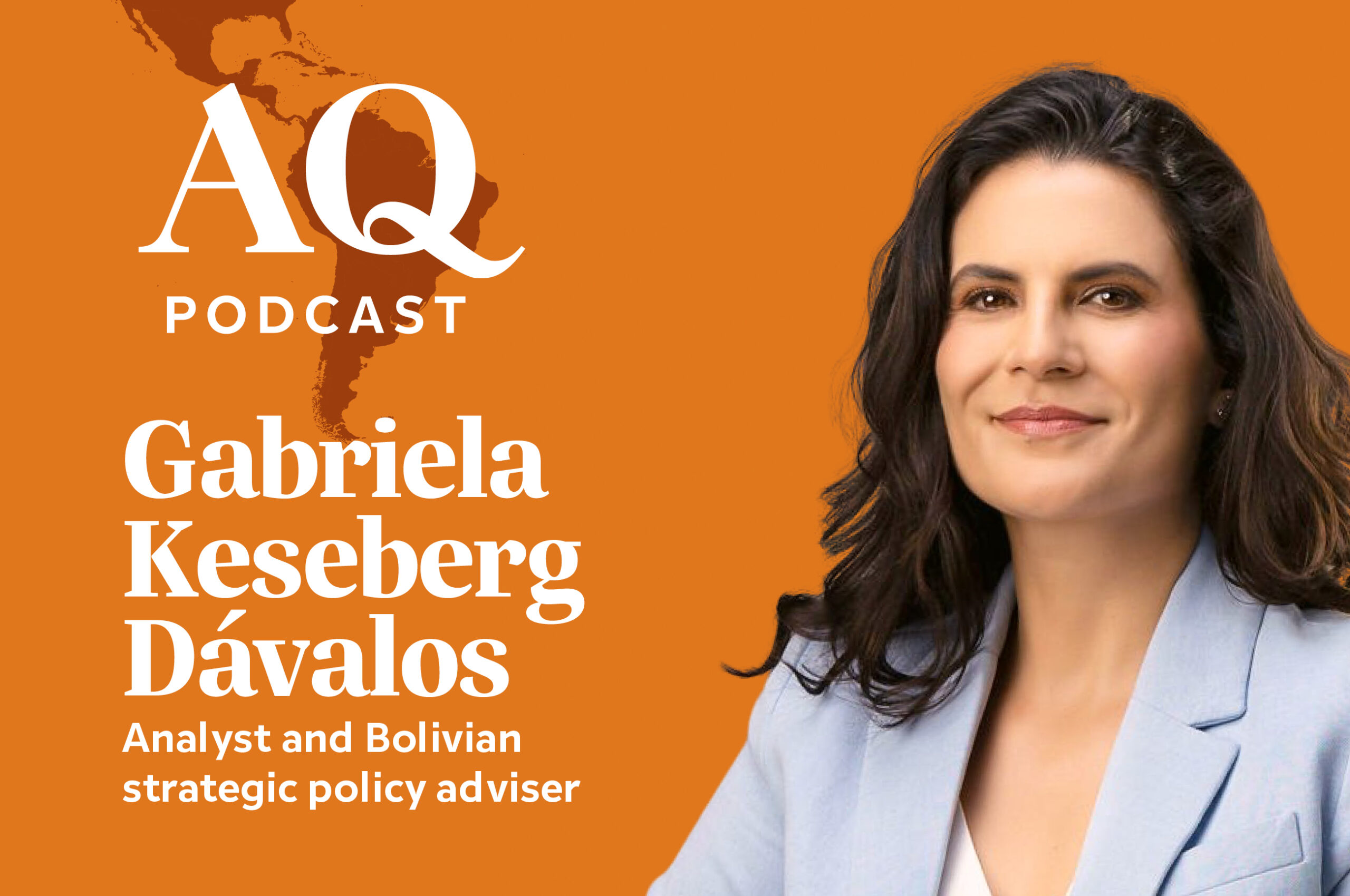Will Bolivia's Next Election Put an End to Political Unrest?
Will Bolivia's Next Election Put an End to Political Unrest?
Political stability will depend much on whether Bolivians see the October 18 vote as valid, writes AS/COA's Holly K. Sonneland in the Latin America Advisor.
Q. Interim Bolivian President Jeanine Áñez on Sept. 17 withdrew from the country’s upcoming presidential election, saying she wanted to unify opposition against Luis Arce, the candidate of former President Evo Morales’ MAS party. How will Áñez’s withdrawal affect the race? What issues are Bolivian voters most concerned about? Will the Oct. 18 election, a redo of the country’s flawed October 2019 presidential election, raise or lower Bolivia’s level of political instability?
A. Holly Sonneland, editorial manager for AS/COA Online:
Áñez said she was dropping her bid because she didn’t want the anti-MAS vote to be so fractured that MAS wins. But she’s yet to endorse a candidate, and her supporters could easily go toward the center to Carlos Mesa or toward the right, most likely to Luis Fernando Camacho. She says she intends to support the candidate with the better shot at beating MAS’ Luis Arce, arguably Mesa, but she’s closer to Camacho ideologically. Her administration’s actions, meanwhile, continue to polarize the electorate. The economy and jobs are Bolivians’ top concerns (53 percent), followed by the health crisis (21 percent) and corruption (20 percent), according to a CELAG poll released Oct. 2. By the end of September, Bolivia saw only the earliest signs of the new cases curve flattening and had the world’s fourth-highest rate of deaths per capita at 70 per 100,000 people, according to Johns Hopkins University. Much will depend on how much Bolivian voters personally identify with a candidate and party, or if they are disaffected by the personalities but can muster enough enthusiasm for a candidate they see as providing a stable transition. More than 40 percent of those polled said they’ve yet to decide on a candidate. The Oct. 18 election is a critical exercise in Bolivia’s democracy. Political stability will depend much on whether voters see the process as valid and secure, and if leading candidates and party leaders accept results and instruct their supporters to do so as well.








